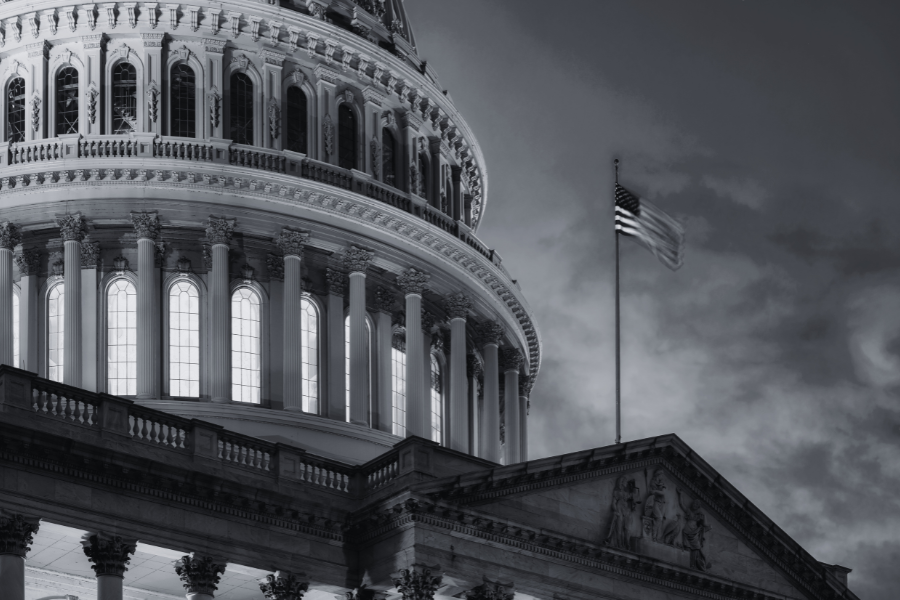Cracker Barrel is the latest business caught in the crosshairs of the culture wars, cutting across our polarized society. What does the data tell us?
The ill-fated logo unveil was by far the biggest attention the company received in the past five years, triggering a backlash among its conservative-leaning consumer base (Trump carried 74% of congressional districts with a Cracker Barrel). The business impact has been significant: foot traffic is down 8% and is expected to remain negative despite increased marketing spend. The share price crashed by 27% since the announcement, an activist investor is pushing for a CEO replacement.
Takeaway? Polarization shapes business outcomes. Four in five consumers believe brands have a political affiliation, and six in ten say they buy from – or boycott – brands based on whether they align with their identity. Among the 300 largest consumer brands, one in eight has a strongly partisan customer base, and more than one-third are at least moderately partisan.
“I never thought I would see the day when our products were so heavily politicized, but they are,” says Ford CEO Jim Farley. While polarization can create antagonism, it can also offer a powerful way to differentiate a brand and enhance its value proposition—especially for smaller brands.
For more data on business and polarization, see our colleagues’ Substack.



